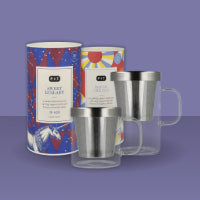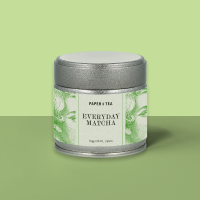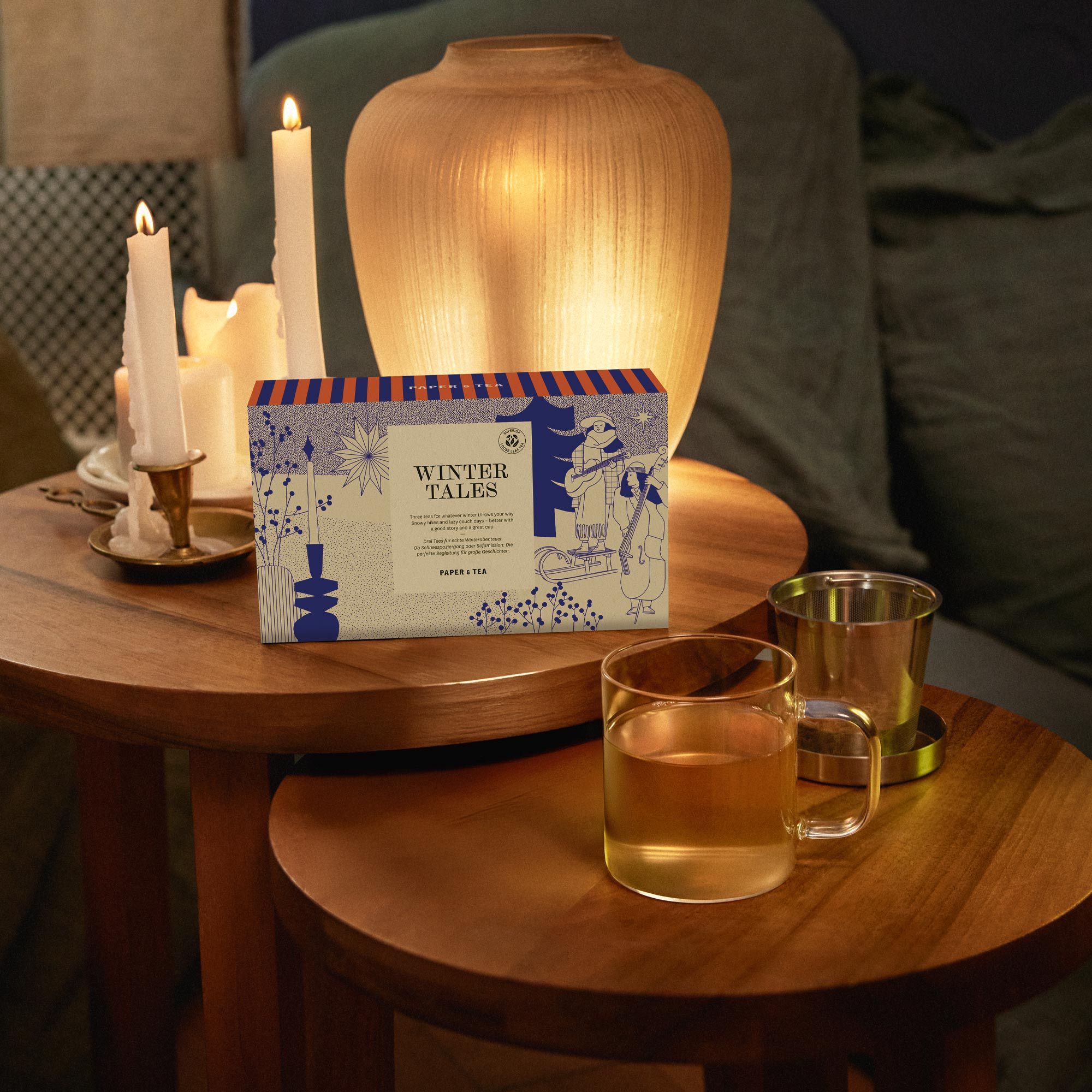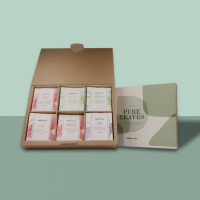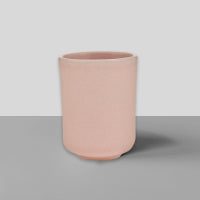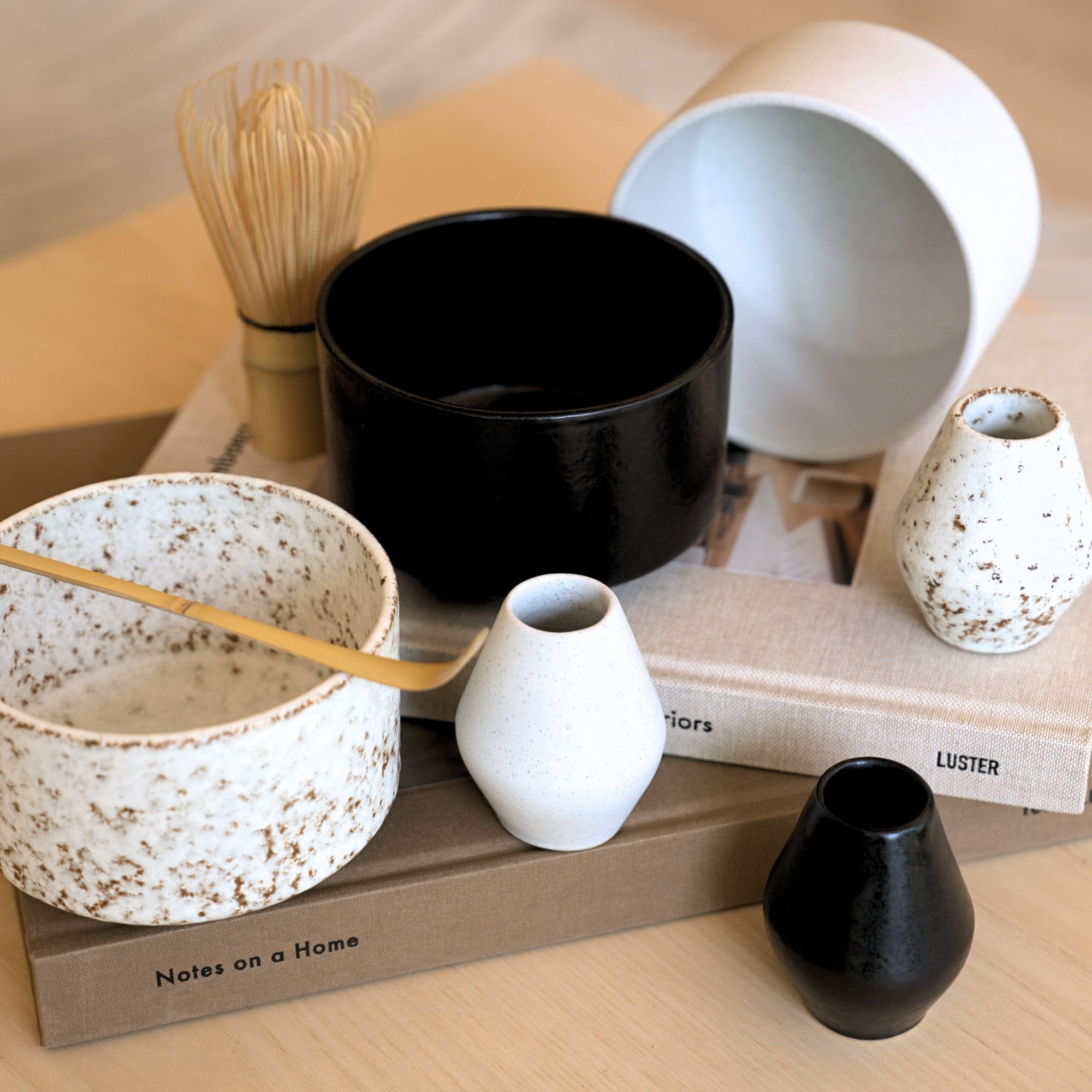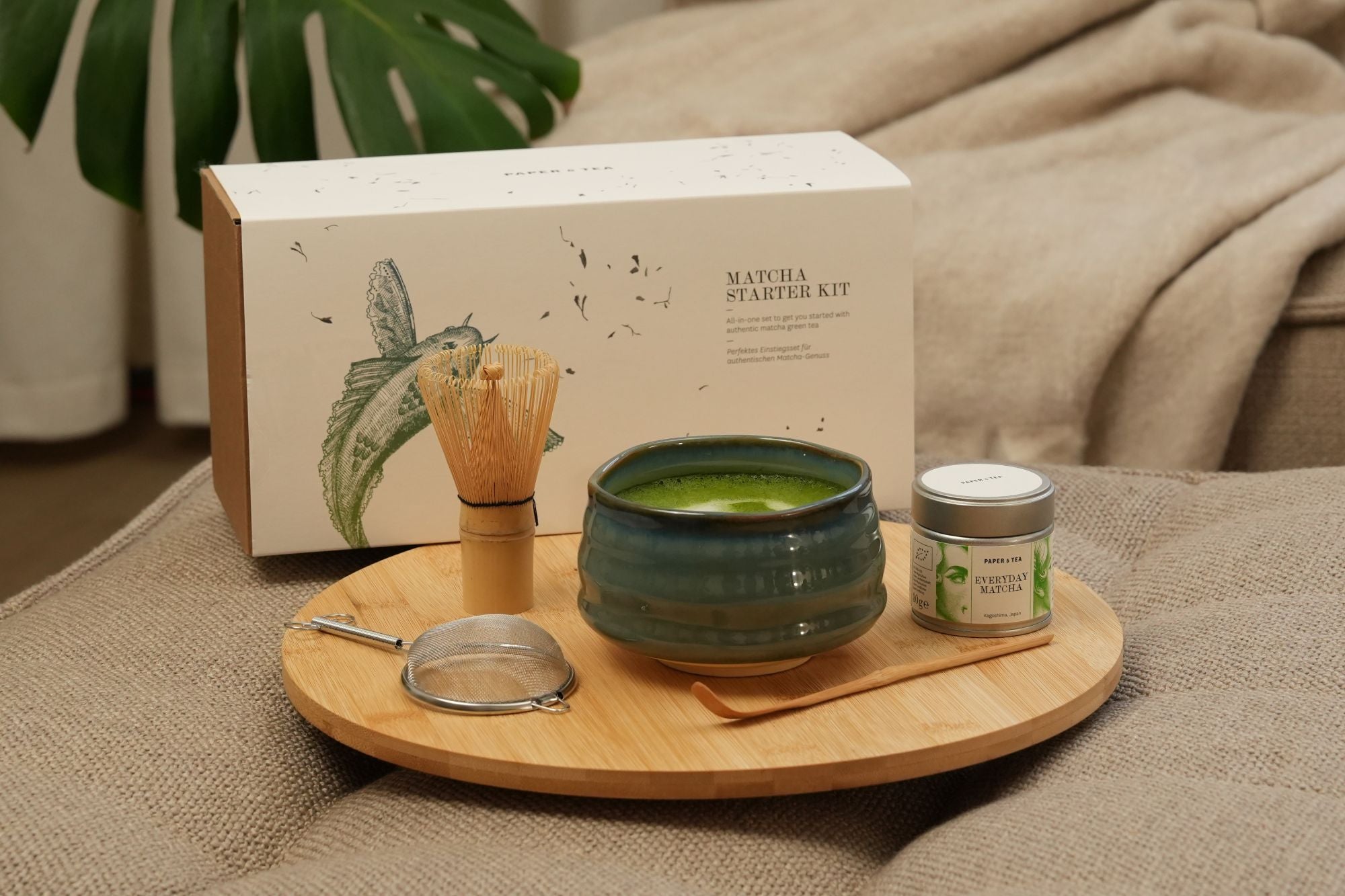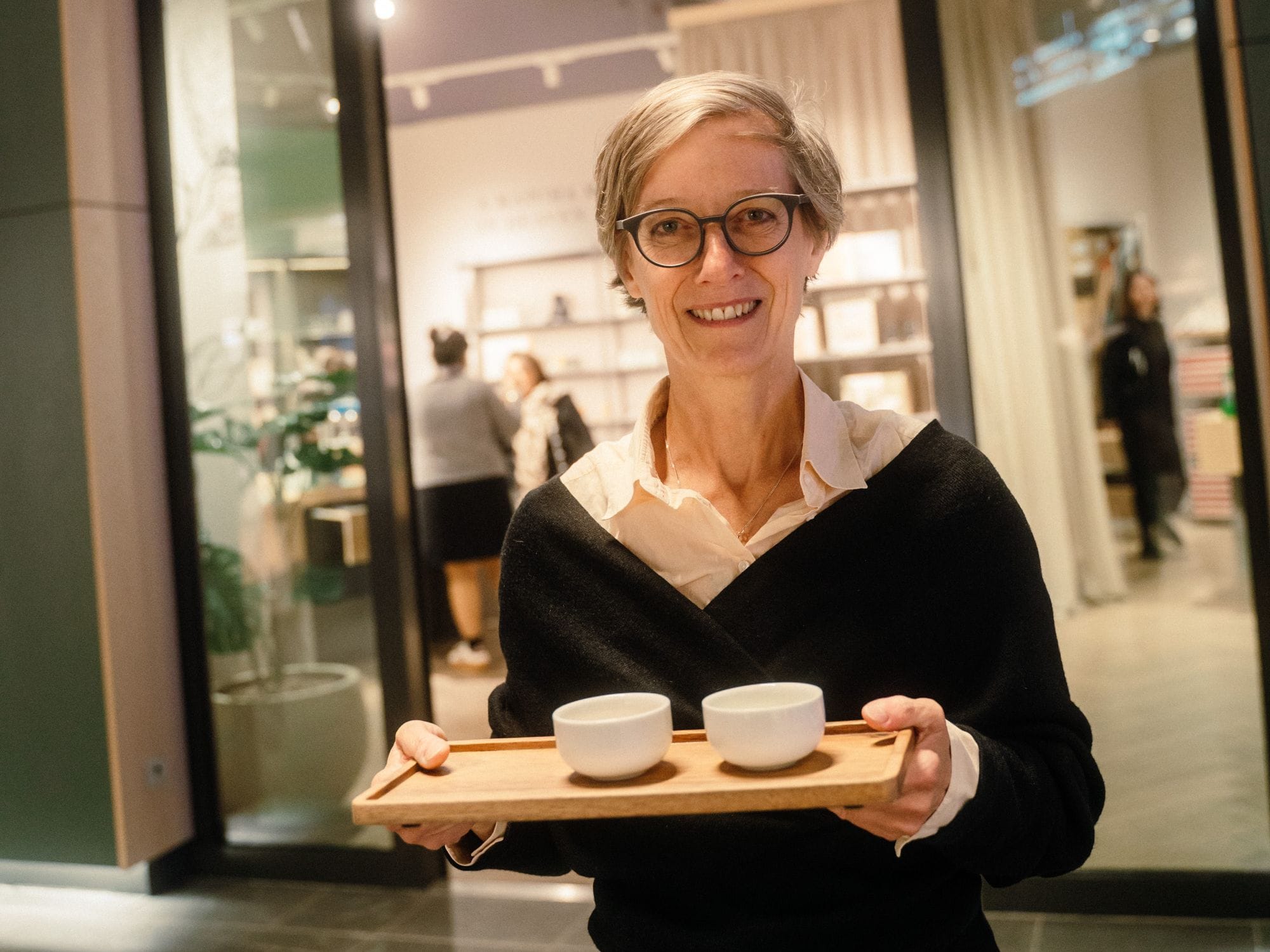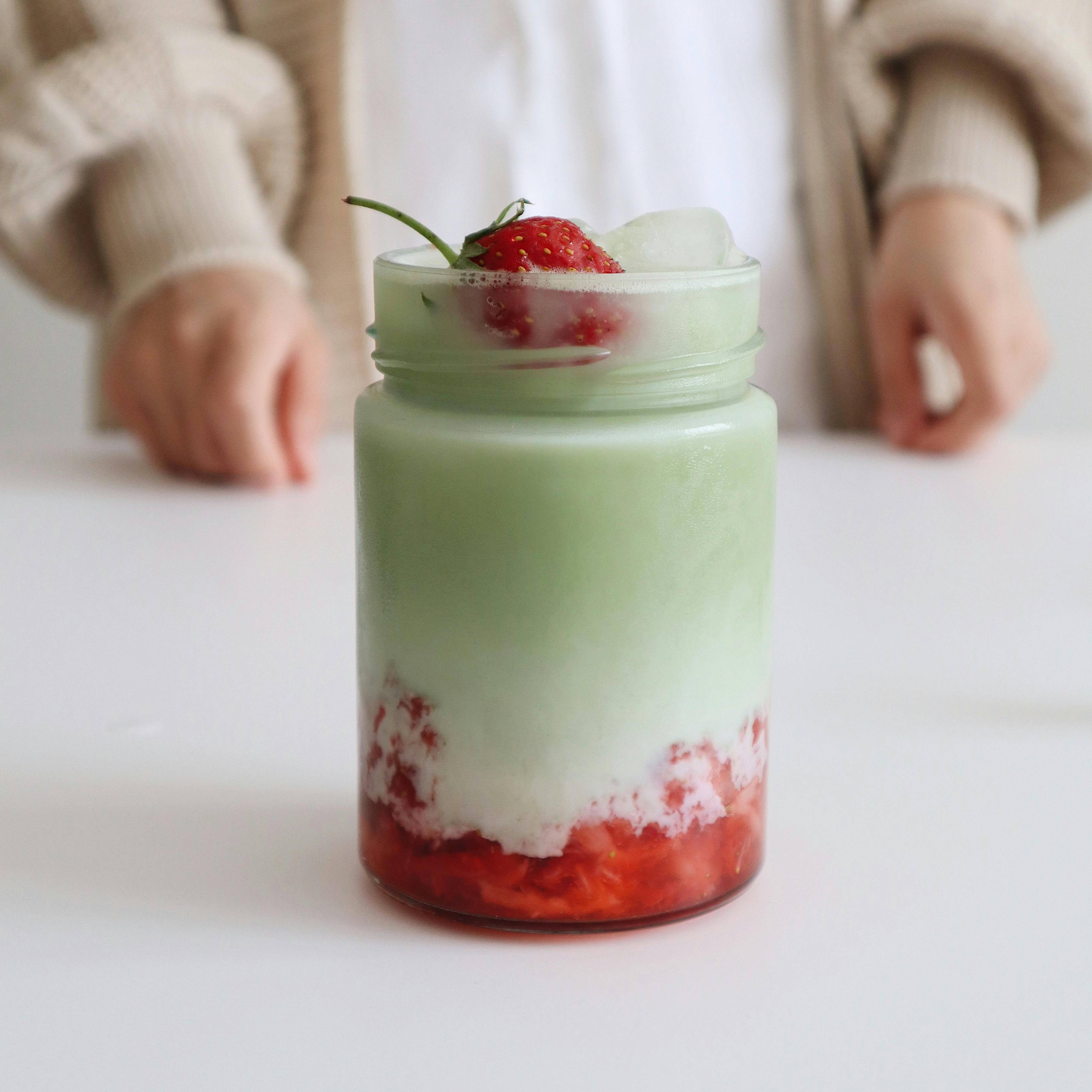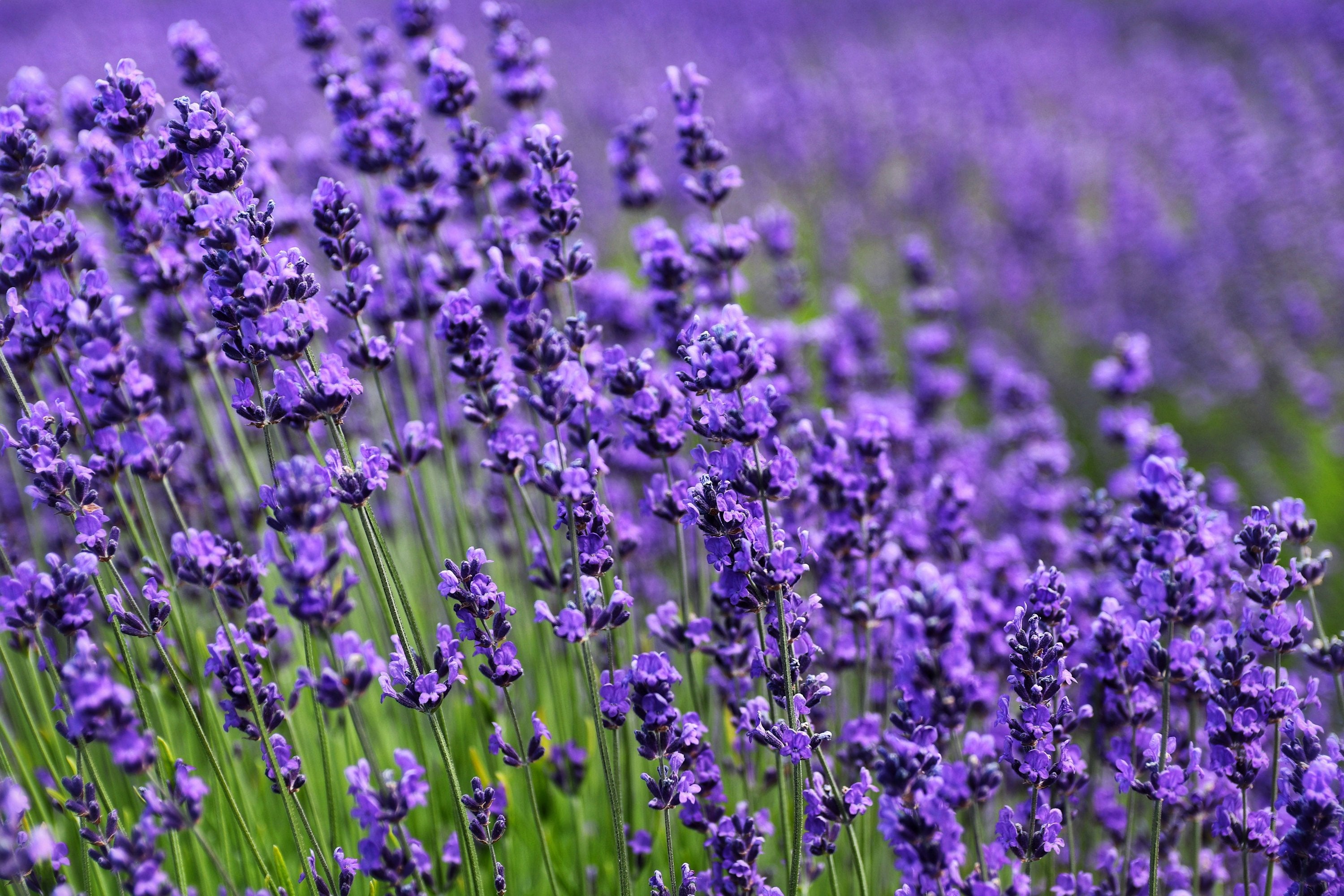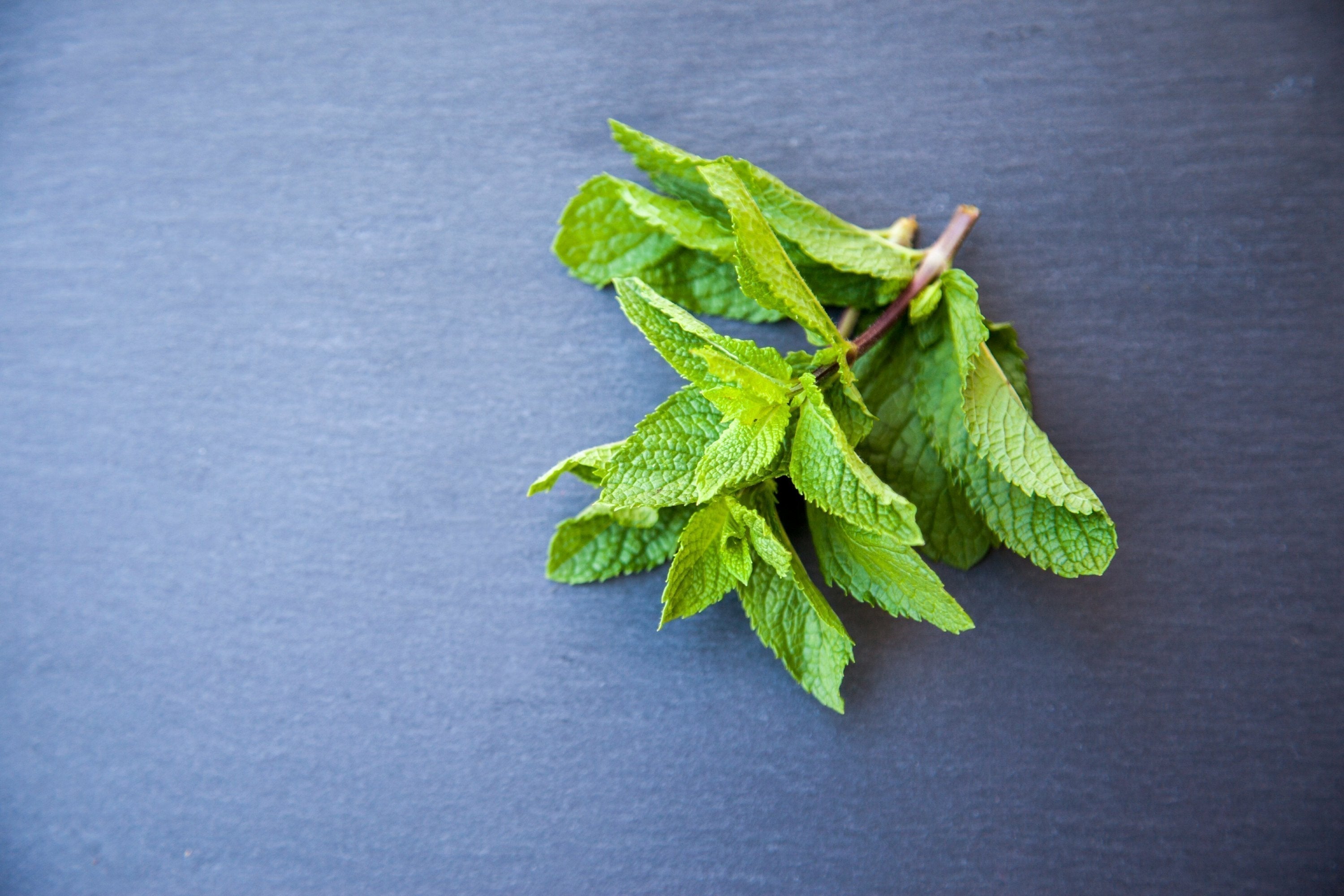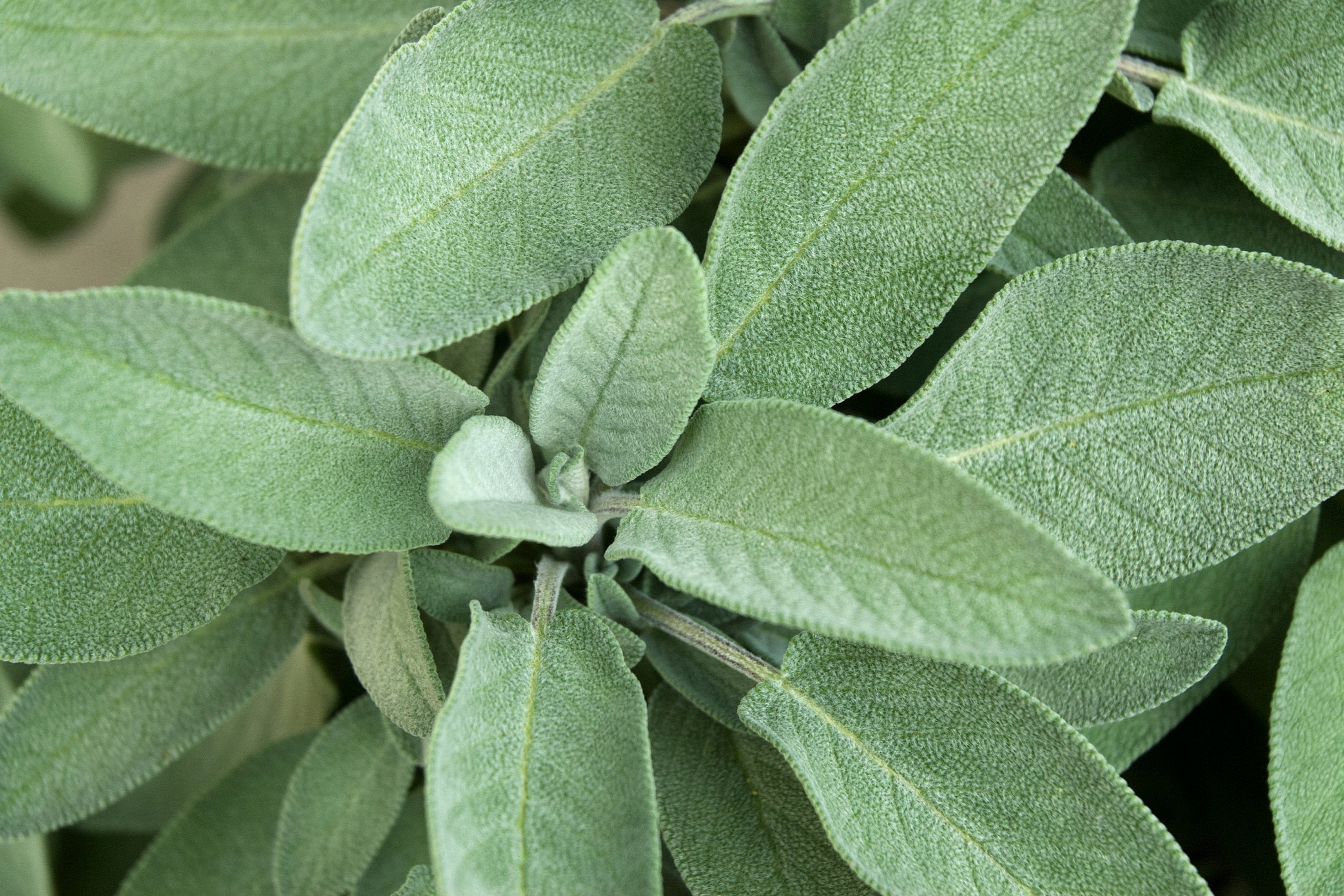The Underappreciated Wonder
Despite often being overshadowed by other herbs, the nettle is a remarkable plant deserving of greater recognition. Frequently dismissed as a bothersome weed, it thrives in gardens worldwide. While many have had an unpleasant encounter with its stinging hairs, the nettle offers a plethora of culinary possibilities and is valued beyond its role in herbal teas and traditional medicine.
Nettling Benefits: The Origin and Wonders of the Nettle
Historically, the nettle has held a special place in various cultures. The Romans were aware of its benefits, and during the Middle Ages, it was a staple in monastic gardens.
Despite its defensive nature, the nettle is rich in essential nutrients, including:
- Minerals like calcium, magnesium, and potassium
- Vitamins A and C
- Iron and protein
- Various plant pigments such as chlorophyll
Effortless Nettle Cultivation
Remarkably easy to cultivate, nettles can thrive in many gardens or even a home herb patch. They prefer nutrient-rich, moist soil and flourish in both partial shade and full sun. Their adaptability means they remain robust even in less-than-ideal soil conditions.
Culinary Exploration: The Nettle in the Kitchen
In the culinary world, nettles reveal themselves as a surprisingly versatile ingredient. Similar to spinach, their leaves can be used in soups, pestos, or as a filling for pastries. Their distinctive, savoury flavour adds a unique twist to springtime cooking. By briefly blanching or cooking them, the stinging properties are neutralised, rendering the leaves safe to eat. This diverse plant brings an extraordinary taste to everyday recipes.
Intriguing Nettle Facts
- Did you know that nettles are used in textile production? For centuries, their fibres have been utilised to create durable and long-lasting fabrics.
- In the garden, nettles are invaluable allies: their liquid manure supports plant growth and deters pests.
- Many people, perhaps yourself included, have had unwelcome childhood encounters with this stinging plant. Yet, when dried or heated, the nettle's hairs lose their irritating effects, allowing the plant to be enjoyed safely.
- For tea enthusiasts, nettle tea offers a naturally caffeine-free alternative to traditional tea varieties.
